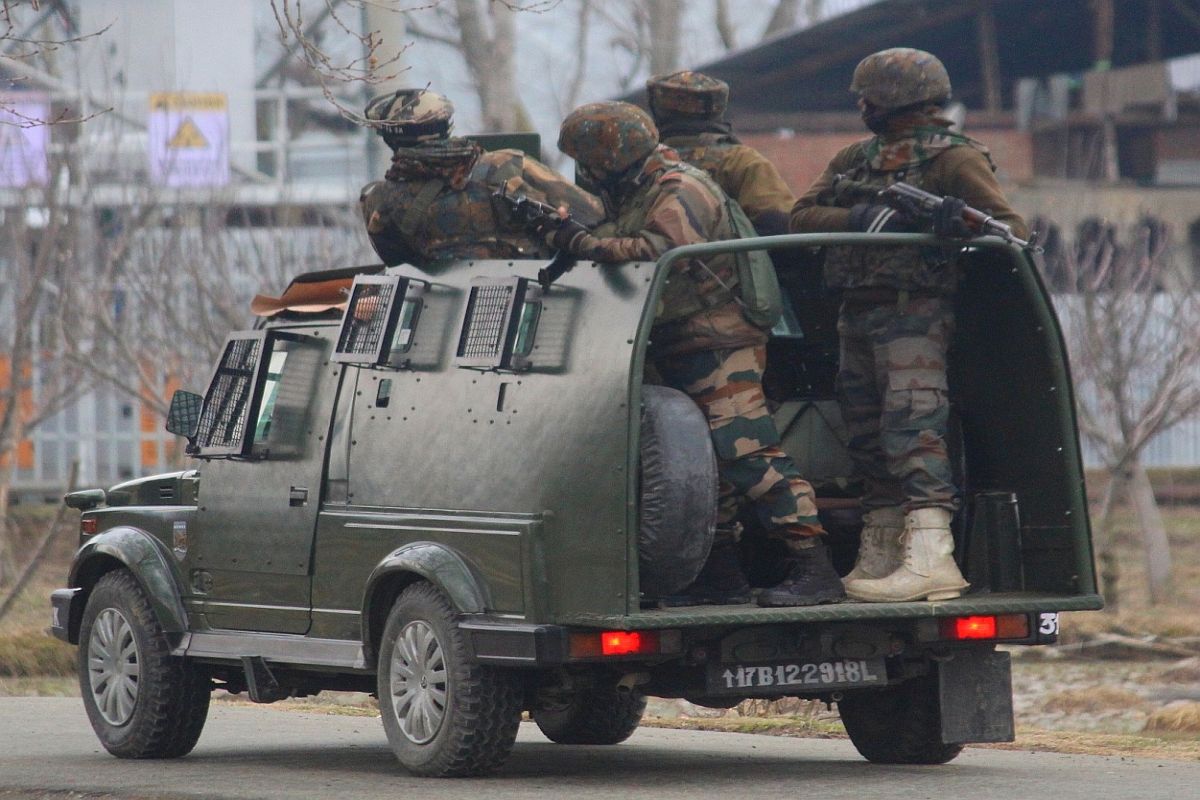Conventional military wisdom laid down that the real force behind the bullet a soldier fired in defence of his country was the resolve of the nation for which he was doing battle. It had been that way in India too until not so long ago. For although there were political differences over “calling out the troops” in the North-east in the 1950s, Operation Bluestar in 1984, the despatch of the Indian Peacekeeping Force to Sri Lanka (and to a lesser extent to aid the Maldives when a coup was attempted) it was generally accepted that the government of the day had little alternative ~ even during the agitations in Assam and Punjab. Regretfully, and for little fault of his own, today’s soldier would find himself confused over the political slugfest over the surgical strikes after Uri, and more recently the aerial action to take out a terrorist training centre in Balakot. For while both the government and the opposition claim to be united in their support for the military, the reality suggests otherwise. Sadly, there is reason to suspect that a key factor for the “divide” is the attempt of the present government to make political capital from the exploits of the defence services. And even more disturbingly, some generals are sacrificing the professional traditions of the military to curry favour with the political leadership. Small-minded politicians have now created a climate in which to even question a military decision is equated with sedition.
A close associate of the Congress Party ought to have been more circumspect when raising queries about claims over the results of the air raid on Balakot, and ought to have known better than to add credence to western media reports by demanding “information”. But the response of the government was needlessly vicious. Whether or not one holds Sam Pitroda in esteem, a modern, liberal democracy would endorse his right to ask questions: not that the government was obliged to answer them. The overdose of personality-centric politics has come close to making such a cult-figure of Mr Narendra Modi that many might have trepidations over not voting in favour of the Bharatiya Janata Party in coming weeks.
Advertisement
To make bad things even worse, an inept, puerile opposition leadership has fallen into the trap of attacking Mr Modi rather than the manner of his bids at governance. In keeping with the UPA’s scheme of things, Rahul Gandhi is afflicted with a “policy paralysis”. The proof of that pudding comes via his failure to forge credible opposition unity which suggests suicidal arrogance. That, however, is to digress from the main point of the need for the military mind being singularly focused, devoid of politically-triggered confusion. In the political cacophony that now passes of as nationalism much sense was made by oft-underrated Akhilesh Yadav: he asked the Modi government to “stop pretending to be the Indian Army”.











